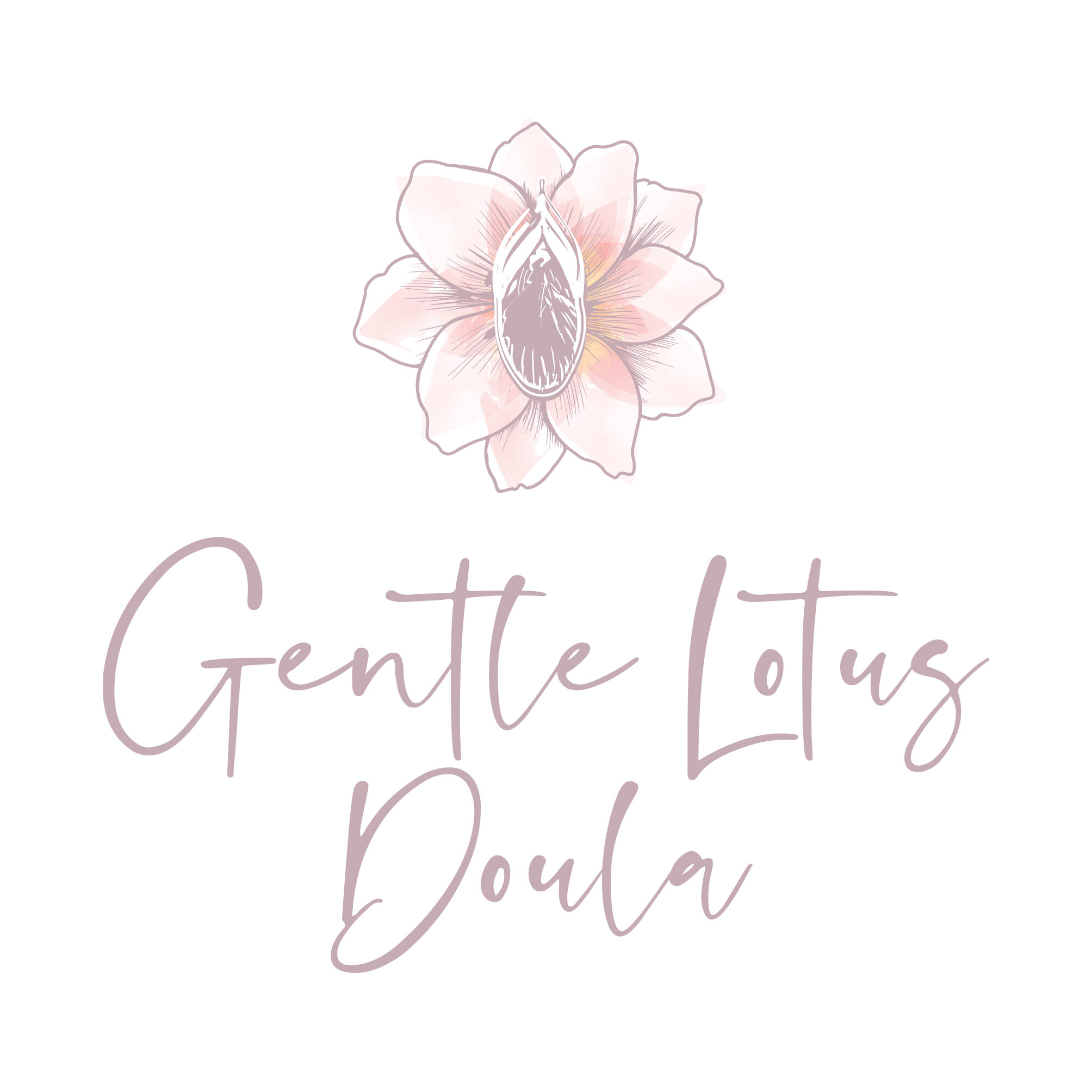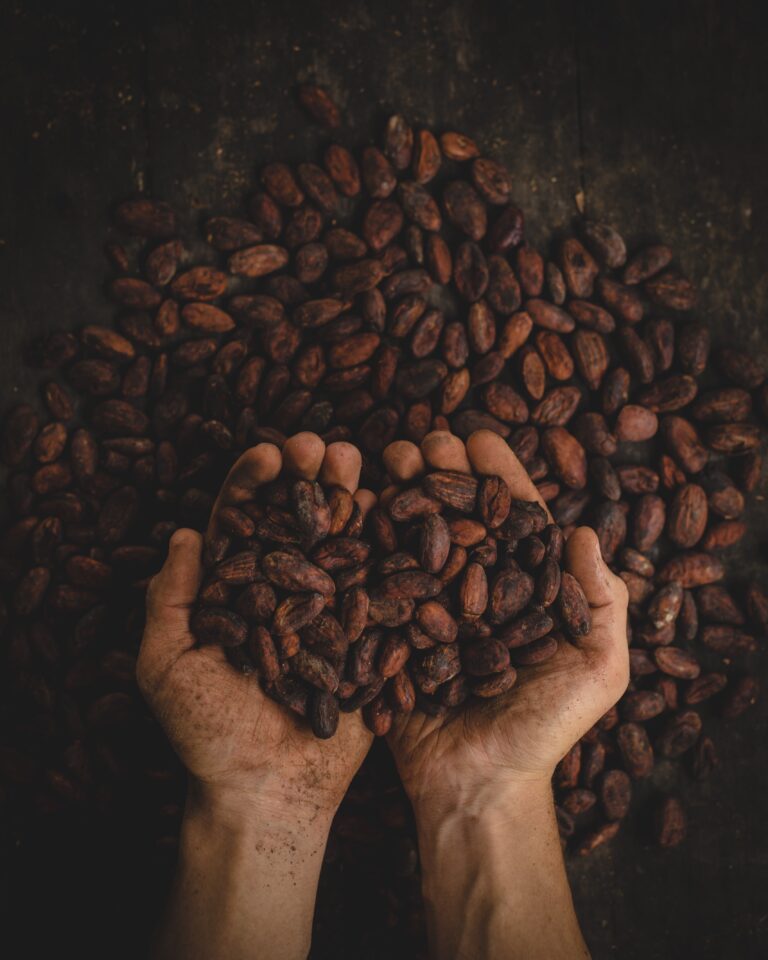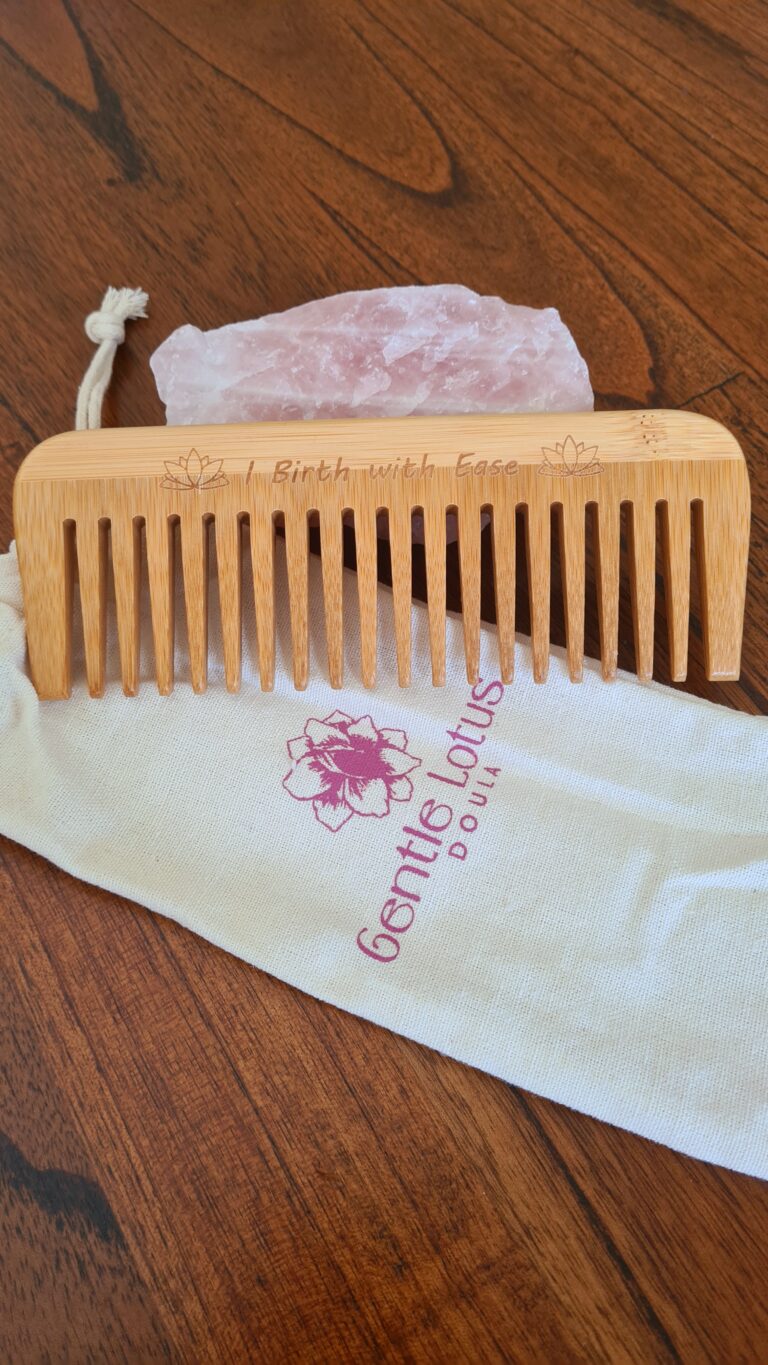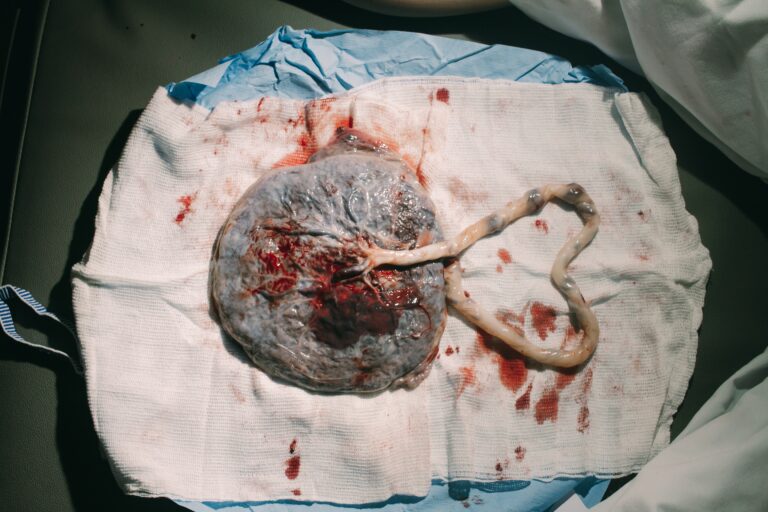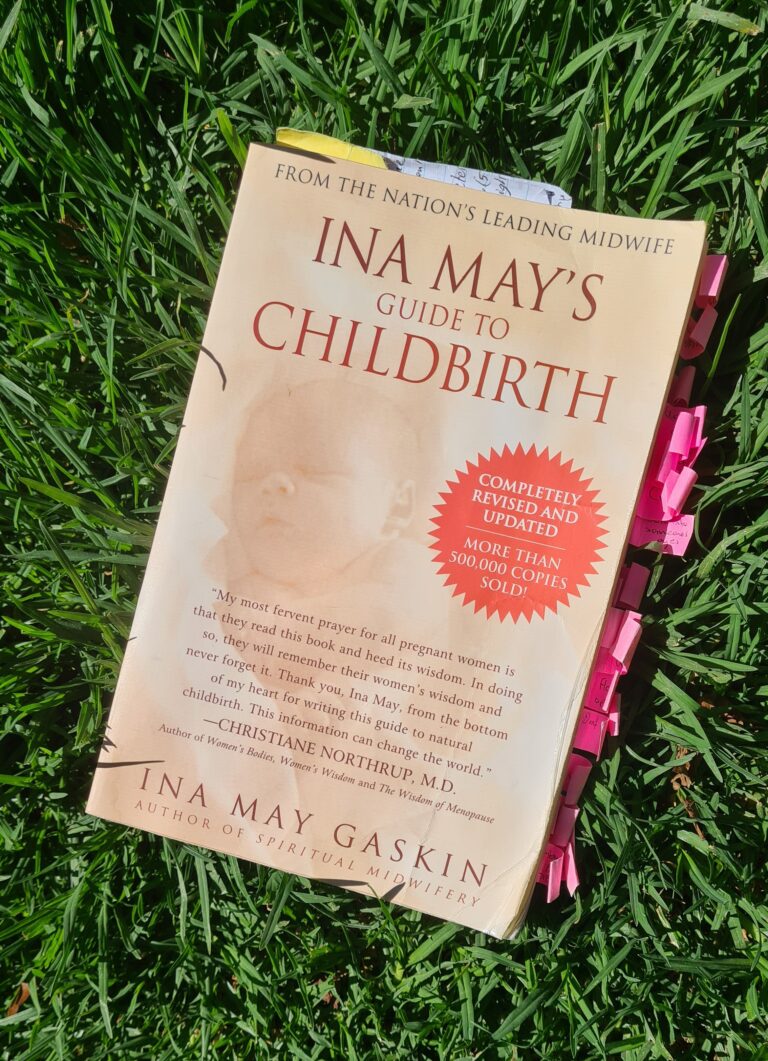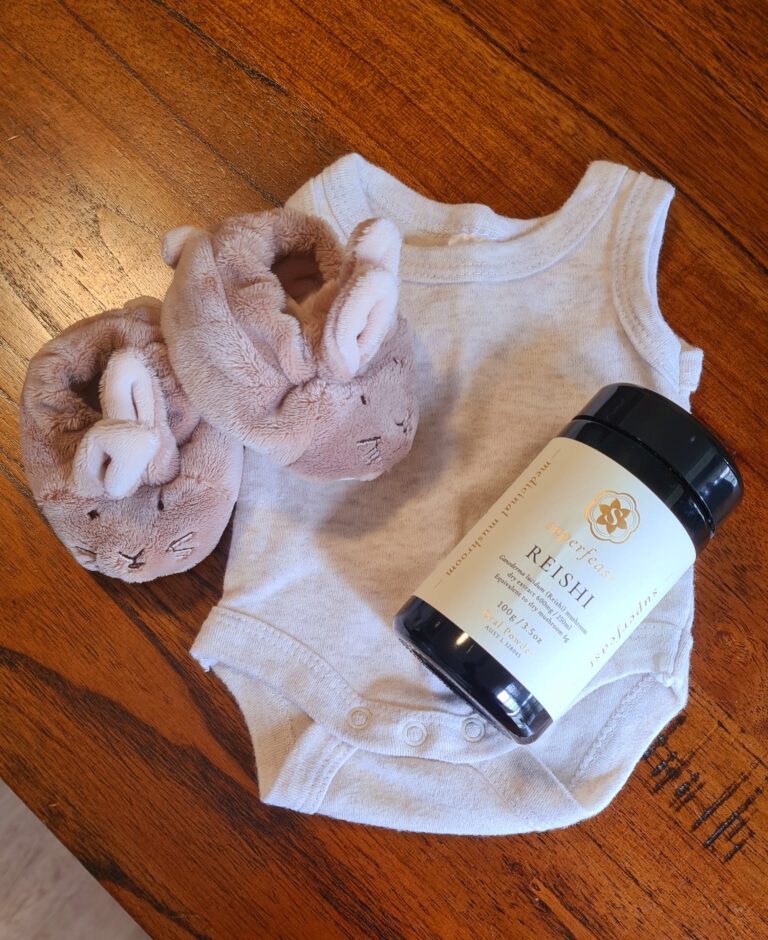Things They Don’t Tell You When You’re Pregnant but You Should Know
When you’re pregnant, everyone around you is quick to share their horror birth stories and point out that you’re going to have sleepless nights, a messy house, a crying baby and that a messy bun will be your daily hairstyle for the next 5 years.
We’ve created a culture in which women no longer support, encourage and empower their fellow women through this life changing rite of passage we call pregnancy and birth. Instead, we instil fear and it’s almost a competition to see who experienced the worst, most traumatic labour and birth. We may not do this knowingly, it’s just the way society has sadly become.
Instead of focusing on the harder aspects of motherhood and having a newborn, we should be uplifting the woman, building her confidence and focusing on the positives. Pregnancy, labour and birth can be one of the most empowering, life-changing experiences a woman may ever have and we should be celebrating this time in a woman’s life. Yes, you’re going to have rough nights and the washing will get on top of you at times but imagine the feeling of holding your baby for the first time after months and months of longing to meet them…… What about the first time they smile or giggle or say Mum…… Think of all the happy memories to be made and the forming of a mother-child bond that is like no other.

Poo. No one ever talks about poo either. Why? We all do it, and many women will poo when pushing out their baby due to the pressure from the baby’s head on the rectum. Many women hold back when they feel like their going to poo during labour but this can slow labour and we don’t want that. Midwives and doulas will tell you they like poo, poo can be an indication that baby is not too far away. Pooing in labour is normal and common, midwives see this daily so do not let a little bit of poo keep you from pushing out your baby. You might be concerned about pooing in the water if you’re planning a waterbirth, don’t be concerned, the midwives will have a little pooper scooper on hand to lift the poo out and a lot of the time women do not even notice.
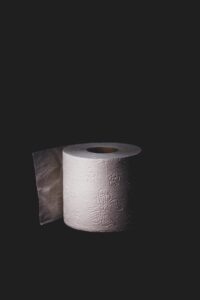
More on poo:
- Your first poo after birth is scary. I don’t know why, it just is. But there is no need to be scared, it’s probably not going to hurt as much as you have worked yourself up to believe. You just pushed out a baby! A little poo is nothing.
- Some women’s bowels will empty at the start of labour and can actually be a sign that labour is beginning. Often this is in the form of diarrhea and frequent trips to the bathroom.
Immediately after birth, your baby will begin to associate you with your individual scent. If this scent is masked by perfume or other chemicals/fragrances, your baby will become confused and may struggle to identify you in the coming hours, days, weeks. Not only will they get confused, they may have a harder time locating the nipple to feed as they cannot properly smell your breastmilk/colostrum. This is why it is advised not to use perfume, soap, shampoo, etc after the birth of your baby, at least for a week, longer if you can handle it.
You may be concerned about your vaginal hygiene if you’re not using soap. Here is a little trick I would like to share with you. You may have heard of a peri bottle? (I have some available on my online store). It is a bottle that typically has a long spout and a nozzle on the end with holes to spray water. It is used to spray water on your perineum and vulva after birth. Using your peri bottle to spray your vulva every time you wee after birth will help with the stinging as well as gently cleaning the area. You can add healing herbs to the water for extra healing properties (I offer a peri herb mix in my online store also) and to help avoid possible infection. My little trick you ask?…….. A pump water botte will do the same as a peri bottle.
.
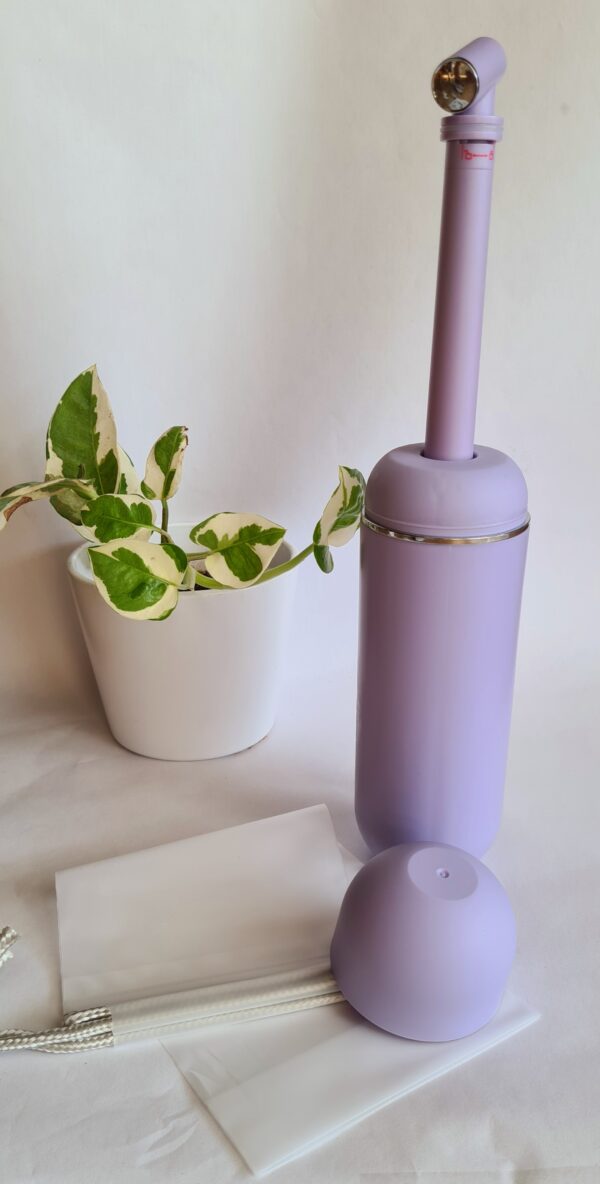
Another thing that many women are not aware of before they go into labour is the “Fear-Tension-Pain” cycle. The Fear-Tension-Pain cycle was coined by British Obstetrician Grantly Dick-Read, who was a huge advocate for natural childbirth. Dick-Read observed many childbirths over the years, and during this time he recognised a pattern- women who were fearful of labour and birth were much more tense, this tension then leads to pain and pain leads to more fear, and the cycle goes round and round. Being aware of this cycle during pregnancy, allows you time to prepare and learn some relaxation techniques before the big day. Mindset and preparation play a huge role in labour and birth!
We often hear parents say that when your child is born you will feel instant love. Well, this is not always the case, but no one actually admits it because we should feel instant love, right? No, not necessarily. Bonding, relationships and love take time so if you’re feeling guilty, or ashamed, or beating yourself up because you didn’t experience this “instant love” when your baby was born, let it go, there is nothing to feel guilty about or ashamed of because it is normal. I believe it occurs more often than we think but no one wants to admit it because we fear the way people will look at us and judge us.


A few other things we should know about pregnancy, labour and birth and beyond:
- Labour is not linear– labour doesn’t just start and then keep progressing at a steady rate. Labour may slow at times for many different reasons and labour may be speedy for a period of time and this is normal. Your body and baby are working together, they know what to do.
- Mens underwear and a maternity pad are much more comfortable than the disposable postpartum underwear that the hospital provide. Don’t worry Dad’s you will get more underwear for Father’s Day.
- There is some sort of an invisible connection between your jaw/throat and your cervix. If your jaw is tense, your cervix is tense so if your jaw is relaxed, your cervix is relaxed. In labour we want to see relaxed jaws and cervix’s.
- Kissing, cuddling, making out, even a bit of foreplay can help keep things moving in labour due to the release of oxytocin.
- It isn’t over until the placenta comes out. Often referred to as the third stage of labour, the birth of the placenta. It’s important to keep the same calm environment going until the placenta has been birthed.
There is much to learn about pregnancy, labour and birth and the postpartum period, this is just a little taster of the things I wish I’d known before my first birth. We often don’t realise just how uneducated we are around childbirth until after we’ve had a baby.
If you would like further information, tips and tricks and support for your current or next pregnancy journey contact Stevie from Gentle Lotus Doula, she is full of knowledge and eager to share <3
It’s never too early or too late to starting educating yourself.
Sending positive birth vibes
Xx

